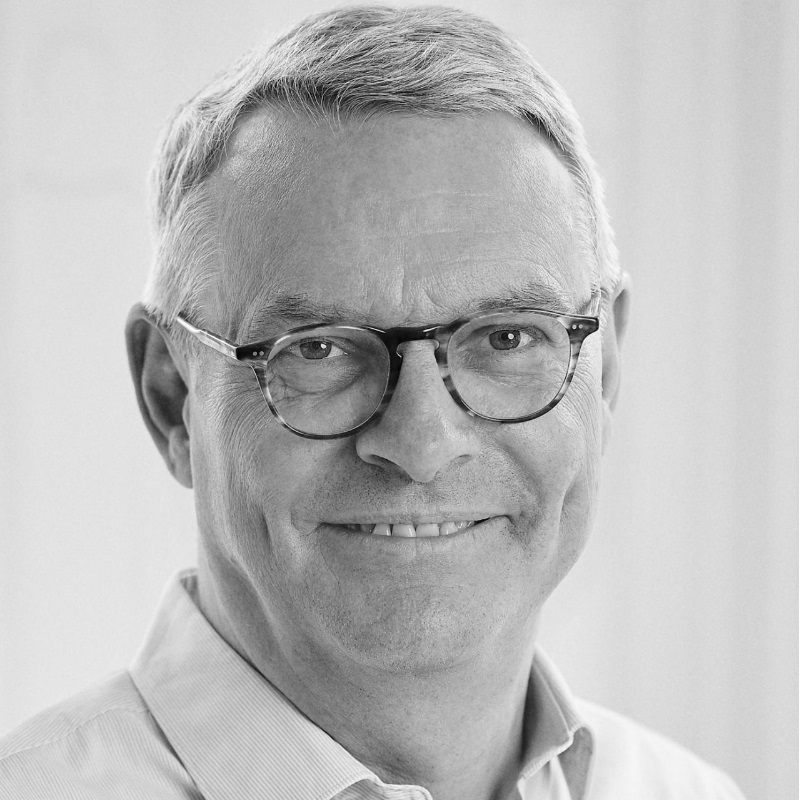14:15 - 14:45
The role of the offshore industry in the green transition
The Danish offshore industry is transitioning and has been for several years. The North Sea agreement from 2020 stipulates the phasing out of oil and gas production in the Danish part of The North Sea by 2050 but until then, the Danish offshore industry continues to play an instrumental role in Danish society.
The industry not only needs to ensure the security of supply to Europe and provide natural gas in the transition towards alternative energy sources. It also plays a crucial role in contributing to the official Danish climate ambitions for decades to come.
CCS is key in fulfilling those ambitions. The offshore storage of CO2 in the Danish part of The North Sea holds an immense potential of an estimated combined storage capacity of 22 billion tons of CO2. The offshore industry needs to collaborate closely with political stakeholders, researchers, investors, and the entire industry value chain to make sure we create the infrastructure and the scale that’s needed to leverage the very large potential.
16:15 - 16:55
Panel debate: How do we make Denmark the preferred hub for CO2 storage in Northern Europe?
Denmark has a window of opportunity to become the preferred hub for CO2 storage in Northern Europe, but what does it take? This question will be the pivotal point of a panel debate where we look at the CCS upscaling perspectives and the importance of gaining public acceptance.
With input from the audience, the panel will discuss what is needed for Danish companies, authorities, and research institutions to stay competitive, and how collaboration between industry and academia may unfold the potential.
When CCS is moving into the upscaling phase, it will impact society in a positive way by reducing CO2 emissions and potentially creating new jobs. Nevertheless, it may trigger worries in the public about perceived damage to the environment, leakage risk, energy consumption, and whether the technology is “greenwashing”.
We will discuss the public perception of CCS and share experiences about how to get into a constructive dialogue with both critics and the public in general. The panel debate will look into how research and development may contribute to a better public understanding of CCS technologies and how companies may achieve a “license to operate” for an emerging technology like CCS.

